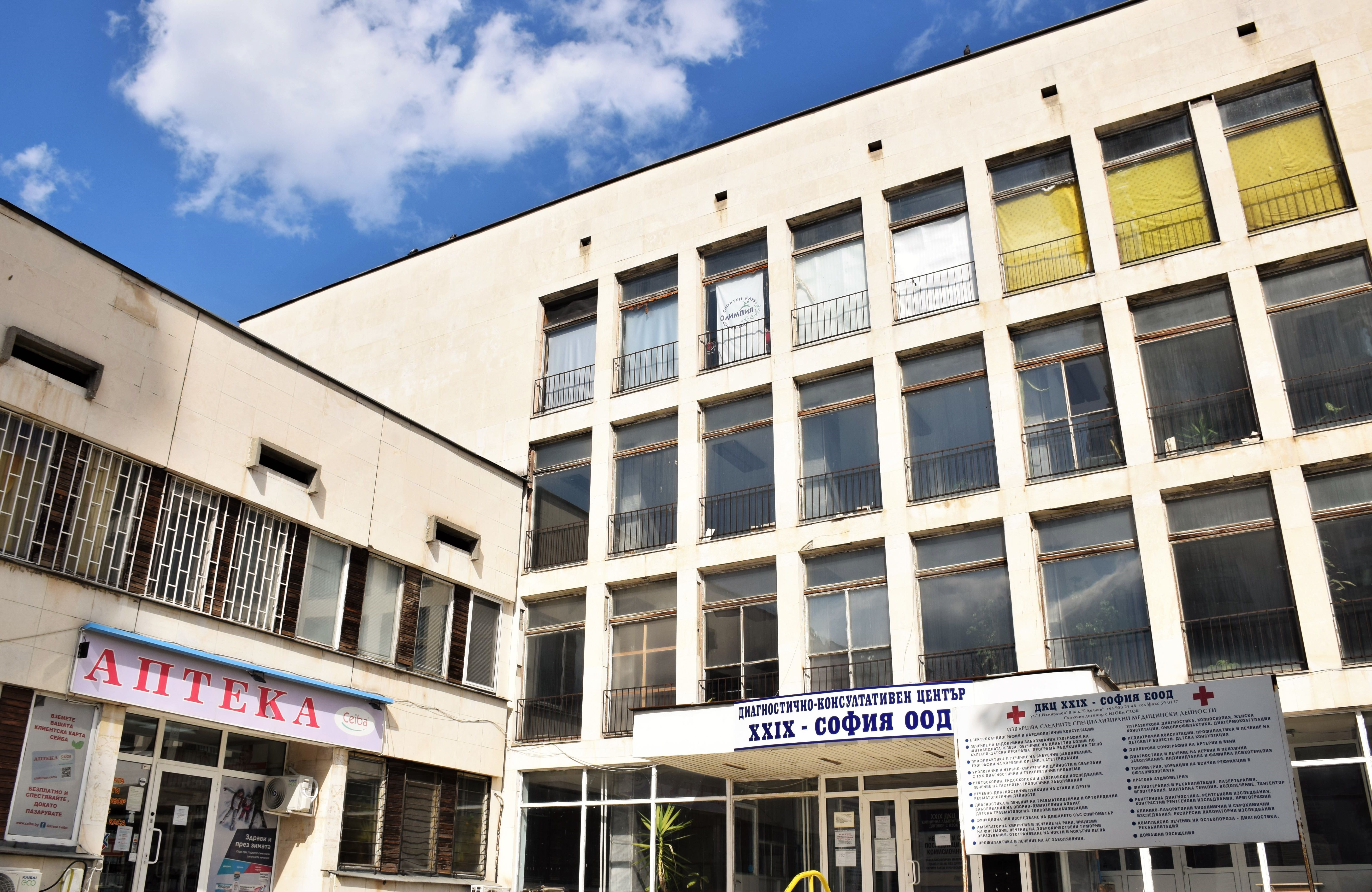Whether you are an EU citizen or not, or a Bulgarian expatriate who wants to return home, you need to know how to proceed with health coverage
Written by Marta Valverde, edited by Scott Green, photo by Zhanet Stamatova
One of the first steps you must take before settling in a new country is to ensure health coverage. Now more than ever, with the risk of a Covid-19 infection, possible reactions to vaccines, along with other common diseases, it is very important to know how to receive medical attention if you need it.
In our article about English-speaking doctors in Sofia, we wrote about basic health coverage, but now we want to expand that information and offer you a complete guide according to your needs. Let's see below the different options you have depending on your status.
You’re an EU citizen
The European Health Insurance Card (EHIC) is the very basic coverage for EU citizens and gives you access to free medical treatment and emergency care. It has to be issued by the corresponding national health insurance provider and it works in collaboration with the Bulgarian National Health Insurance Fund, which most doctors and clinics are part of. For this reason, as a foreigner, you should pay the non-refundable patient contribution applicable to Bulgarian citizens.
It seems quite easy but there are some tricky aspects to consider about this card. First, it only provides healthcare during a temporary stay. Second, it’s not an alternative to travel insurance, meaning that it will not cover any private healthcare or costs such as a return flight to your home country or if the travel happens for the express purpose of obtaining medical treatment. Third, it does not guarantee free services, as each country’s healthcare system is different.
For more information, you can visit the EHIC section on the official website of the European Union. Also, you can check the information about the standard forms for social security rights when moving within the EU.
Knowing this, it's clear that the EHIC is not enough if you want to settle in the country, although you must have it before coming, as it can save you in an emergency. One thing is certain, you will need supplemental insurance.
Once here, you have two options, get it through your employer, or pay for private insurance yourself. The first one would be the easiest since companies pay the national health insurance (they take the money from your salary) and sometimes they offer additional private insurance in the benefits package.
But if you don’t have a job or if you want to take out additional insurance, here are some of the recommendations from our Facebook community “Foreigners in Sofia & Friends”:
- Bulstrad - Vienna Insurance Group. Its office is located close to the migration directorate at Maria Luiza boulevard and has been highly recommended by the community.
- Generali. They have several offices in Sofia and throughout the country.
- DZI. They are also present throughout the country.
- Uniqa. Check here for the offices in Sofia.
- Martin Machkov. He’s a lawyer that works in the field, speaks English, and can help you get insurance quickly and easily. His phone number is +359 895 556 655.
The average price of a coverage plan is between 150 and 200 BGN per year.
You’re not an EU citizen
In this case, you just should skip the part of the EHIC card and go directly for private insurance. Again, you can get it from your employer, or do it yourself whether you are self-employed or not, following our recommendations.
Bear in mind that in order to obtain a visa you must provide evidence of at least six months of insurance.
You also need to make sure you are not paying for the national health insurance, which you cannot benefit from. According to K&G Finance, in some cases as a third-country national, you might not have permanent resident status and you are not obliged to pay health contributions under Art.33 p.1 item 3 from the Health Insurance Act. Because you might not have a specific health insurance number and therefore the right to free medical service in Bulgaria, which means you would have to pay for all medical services. If you’ve been paying social contributions, for example, as a self-insured business owner, ask your accountant to submit a reimbursement request.
You're a student or a volunteer in an NGO
If you are planning to move to Bulgaria under one of those circumstances, your university or your sending organization must take care of this procedure before your arrival. They usually work with Cigna. Here you can find its guide about the coverage for Erasmus+ and European Solidarity Corps participants.
Although it is true that most of these study exchanges or volunteer programs are carried out within the framework of the European Union, more and more programs also accept beneficiaries from other countries, called partner countries.
You're an expat moving back to Bulgaria
In this situation you have to ask for the reactivation of your national insurance at your local NAP office, bringing your ID card, a birth certificate, and rental documents (if applicable).
National health insurance nowadays costs 24 BGN per month or 26 BGN for self-employed people. Bear in mind that, to activate the insurance again, you will be asked to pay for the months you have missed while you were abroad. There is still another option, to fill out a declaration stating the dates when you were outside Bulgaria. This will erase your debts and reinstate your rights immediately. You can find more official information about this here. Also, at tuk-tam.bg you can find a guide for newcomers.
Health insurance is mandatory for Bulgarian citizens and citizens of other countries who reside permanently in Bulgaria and do not have health insurance in another EU member country. Although dealing with these procedures seems complicated, we hope that following our recommendations will make this process much easier for you.
